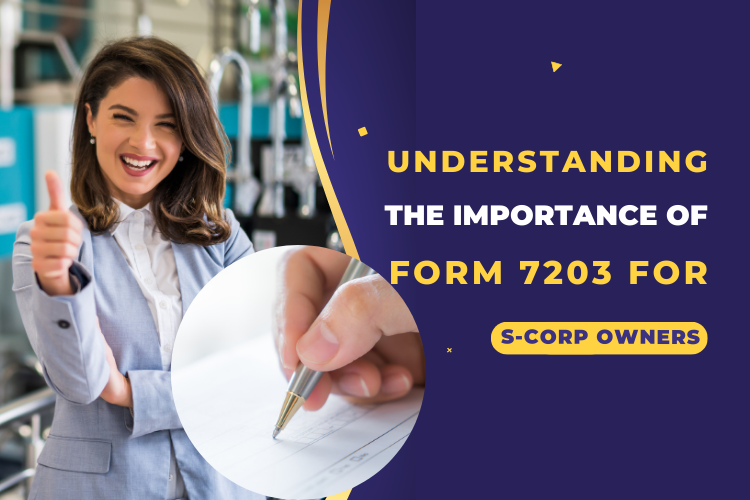As an S-Corp owner, staying on top of your tax obligations is crucial for maintaining compliance with the IRS and ensuring the financial health of your business.
Form 7203, “S Corporation Shareholder Stock and Debt Basis Limitations,” is one of the forms you need to know about. This form is a recent requirement that applies to tax years starting after December 31, 2020.
S-Corp shareholders must know when it is mandatory and what information needs to be provided. Let’s dive into why it’s essential to ensure your accountant files Form 7203 and what it entails.
Why Form 7203 is Critical for S-Corp Owners

Form 7203 serves as a record to track an S-Corp shareholder’s stock and debt basis. The stock and debt basis calculations are vital because they determine the amount of the corporation’s loss and deduction items that a shareholder can claim on their tax return.
These calculations also change how taxes are handled for distributions and how much gain or loss is recorded when stock is sold.
Filing form 7203 is essential for the following reasons:
1. Compliance with IRS Regulations:
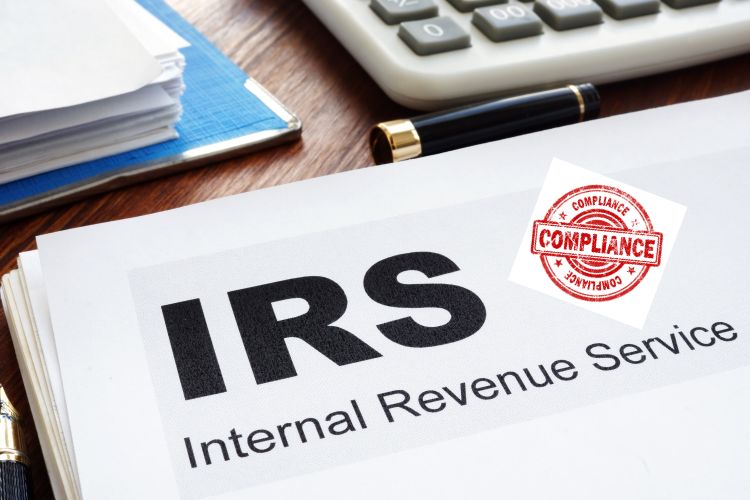
The IRS requires S-Corp shareholders to maintain accurate records of their stock and debt basis. Form 7203 gives shareholders a standard way to report this information, ensuring they follow tax laws.
2. Maximizing Tax Benefits:
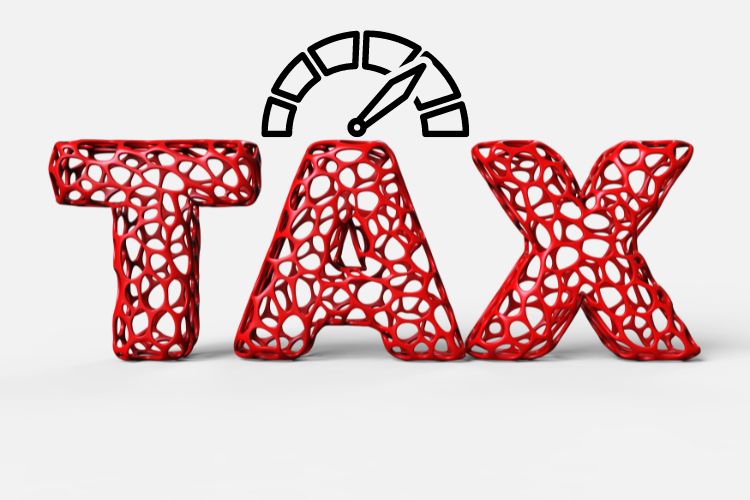
Properly tracking your basis ensures you can maximize your tax benefits as an S-Corp shareholder. This includes taking deductions and losses to which you are entitled.
3. Avoiding Penalties:
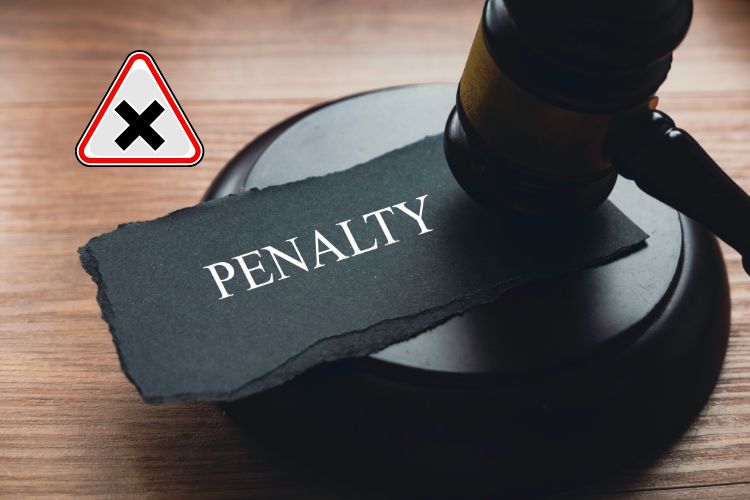
Failure to maintain and report accurate basic information can lead to disallowed losses, deductions, and potential penalties and interest for underpaying taxes.
When is Form 7203 Required?
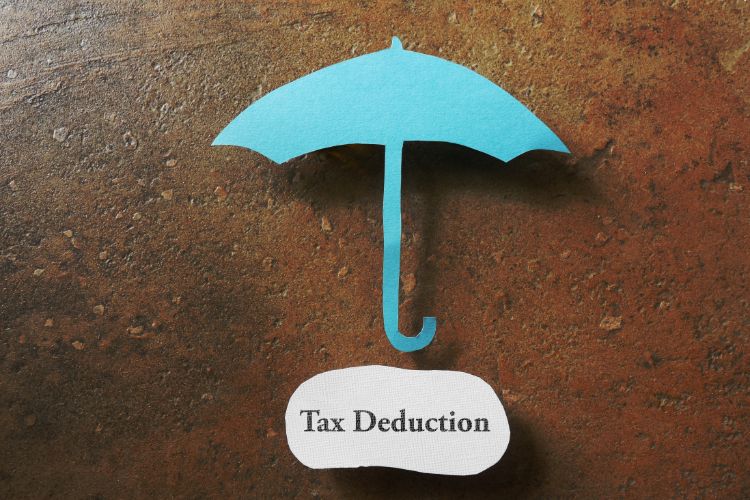
Form 7203 is required to be filed by S-Corp shareholders who:
- They have a loss, deduction, or credit from the S-Corp that they wish to apply to their tax return.
- Receive a non-dividend distribution from the S-Corp.
- Dispose of stock in the S-Corp.
- Receive a loan repayment from the S-Corp.
What Needs to Be Completed on Form 7203?

Form 7203 is divided into three parts:
1. Part I:
Stock Basis: This section involves starting with your stock basis at the beginning of the year, adjusting different increases and decreases, and determining your stock basis at the end of the year.
2. Part II:
Debt Basis: This part is similar to Part I but is for debt basis. It considers any loans you have given to the S-Corp and how much you have paid back, among other things, to get your year-end debt basis.
3. Part III:
Limitations on Losses and Deductions: You apply your stock and debt basis to determine the allowable losses and deductions you can claim on your individual tax return.
Ensuring Accurate Filing

Dealing with complicated basis calculations and possible tax consequences makes it essential to work with an experienced accountant who can ensure that Form 7203 is filled out correctly and filed on time.
Your accountant will need detailed records of your S-Corp’s financial activities, including contributions, distributions, income, and losses.
In conclusion, Form 7203 is a critical tax puzzle for S-Corp shareholders. Filing this form when your accountant requires it is essential for IRS compliance, maximizing tax advantages, and avoiding penalties.
It is important to be aware that tax laws can change, and being informed about current requirements is crucial for effective tax planning and management for your S-Corp.

